HotSpots H2O, October 8: Millions in South Sudan Rely on Distant, Dirty Water Sources
The Rundown
South Sudan’s ongoing civil war, which has flared since December 2013, continues to devastate water and sanitation access. In many areas, residents rely entirely on unimproved water sources, including rivers, swamps, and unprotected wells, many of which are shared with animals. Residents elsewhere in the country also report limited or no access to latrines.
Amid these bleak conditions, waterborne diseases are common. In an August 2018 update by the UN Children’s Fund, three out of four survey respondents said that members of their household had diagnosed themselves with a waterborne illness during the past two weeks. In a separate survey, residents named cholera and diarrhea as major health problems and main causes of death in their counties.
“The human cost of continued conflict in South Sudan has led to humanitarian catastrophe inside the country. That’s not hyperbole. That’s fact.” –Dominik Stillhart, global director of operations for the International Committee of the Red Cross, in reference to dire living conditions in South Sudan. In addition to poor water access, many residents lack adequate food, healthcare, and shelter.
By The Numbers
29 percent Proportion of the population that lives within 30 minutes of an improved water source.
90 percent Proportion of the population that does not have access to, or is unfamiliar with using, a basic sanitation facility.
1.91 million Internally displaced people in South Sudan.
2.47 million South Sudanese refugees who have fled to neighboring countries.
$1.72 billion Amount requested as part of the United Nations’ 2018 South Sudan Humanitarian Response Plan. As of August 31, some 45 percent of the request had been funded.
Science, Studies, and Reports
A monthly water, sanitation, and hygiene assessment published by the REACH initiative provides county-by-county data on water and sanitation in various settlements. The reports include statistics on general water and latrine availability, as well as data on safe water access and sexual- and gender-based violence.
On The Radar
On September 12, 2018, South Sudanese President Salva Kiir and rebel leader Riek Machar signed a new peace agreement. Citizens, aid agencies, and the international community hope that the agreement signals an end to the country’s five-year conflict.
Resources and Further Reading
In context reporting from Circle of Blue: HotSpots H2O, April 23: Spotlight on South Sudan
South Sudan – Water, Sanitation and Hygiene (WASH) – August 2018 (REACH)
South Sudan: Humanitarian Dashboard (as of 31 August 2018) (OCHA)
South Sudan: Without peace deal, scorched-earth tactics and civilian suffering will continue (ICRC)
South Sudan’s president, rebel leader sign peace deal (Reuters)
WASH Cluster South Sudan Dashboard as of August 2018 (UN Children’s Fund)
Kayla Ritter is a recent graduate of Michigan State University, where she studied International Relations and Teaching English to Speakers of Other Languages. She is currently based in Manton, Michigan. Kayla enjoys running, writing, and traveling. Contact Kayla Ritter

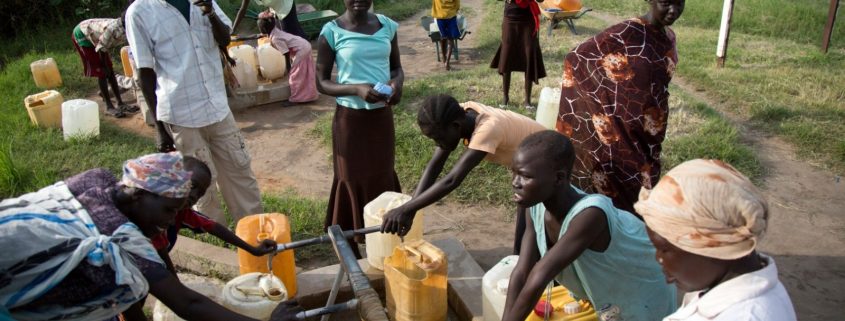

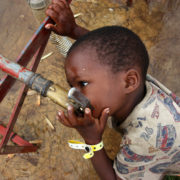
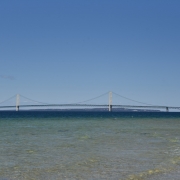
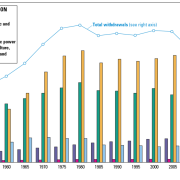
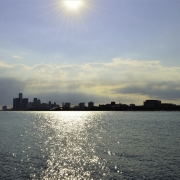
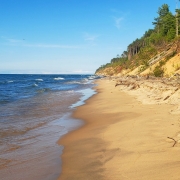
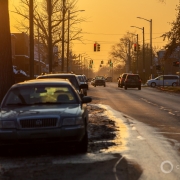




Leave a Reply
Want to join the discussion?Feel free to contribute!